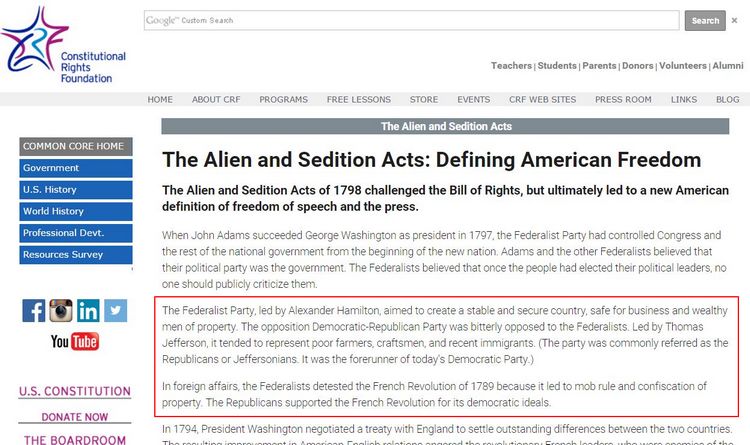A good column in the NY Post today describes the elites horror at the Trump supporters.
It was quite evident at Meet The Press this morning as the guests expressed suitable horror at Mr Trump’s progress toward the GOP nomination.
Now, after months of whistling past the graveyard of Trump’s seemingly inexorable rise and assuring themselves that his candidacy will collapse as voters come to their senses, a CNN poll released Wednesday showing Trump now lapping the field has the GOP establishment in full meltdown mode. The survey shows Trump with nearly 40% of the primary vote, trailed by Ted Cruz at 18%, Ben Carson and Marco Rubio tied at 10%, and the also-rans (including great GOP hope Jeb Bush) limping along far behind.
I am not a Trump supporter but I am intrigued at the steady progress he is making toward success. I have been a fan of Angelo Codevilla’s characterization of America’s Ruling Class.
The recent collapse of Republican Congressional resistance to the left’s political agenda as noted in the surrender of Paul Ryan to the Democrats in the budget, has aggravated the Republican base and its frustration.
Ryan went on Bill Bennett’s radio show on Tuesday to tell his side of the story, which involves the fact that he inherited from outgoing Speaker John Boehner an unfavorable budget framework, as well as some of the tradeoffs involved (especially defense spending). He also laid out the argument I’ve heard elsewhere, which is that he needed to “clear the decks” so that a real return to “regular order” budgeting next year will be possible. You may or may not be persuaded, but the contrast with Boehner is fairly plain, I think.
In other words, perhaps the omnibus should be thought of as something like the Dunkirk evacuation. But if so, we still need our Churchill to explain it and chart the path forward in a compelling way. This requires the presidential field to step up.
Dunkirk brought the British Expeditionary Force home almost intact, although minus their weapons. Ryan did the equivalent of surrender.
Their panic was best articulated last week in The Daily Beast by GOP consultant Rick Wilson, who wrote that Trump supporters “put the entire conservative movement at risk of being hijacked and destroyed by a bellowing billionaire with poor impulse control and a profoundly superficial understanding of the world .?.?. walking, talking comments sections of the fever swamp sites.”
Some might take that as a backhanded compliment. Can the GOP really be so out of touch with the legions of out-of-work Americans — many of whom don’t show up in the “official” unemployment rate because they’ve given up looking for work in the Obama economy? With the returning military vets frustrated with lawyer-driven, politically correct rules of engagement that have tied their hands in a fight against a mortal enemy? With those who, in the wake of the Paris and San Bernardino massacres by Muslims, reasonably fear an influx of culturally alien “refugees” and “migrants” from the Middle East?
The Daily Beast is not exactly the Republican voter and the “GOP Consultant” seems to be ignoring the possibility that his job prospects might be harmed by his contempt for the voters he is supposed to understand and convince.

